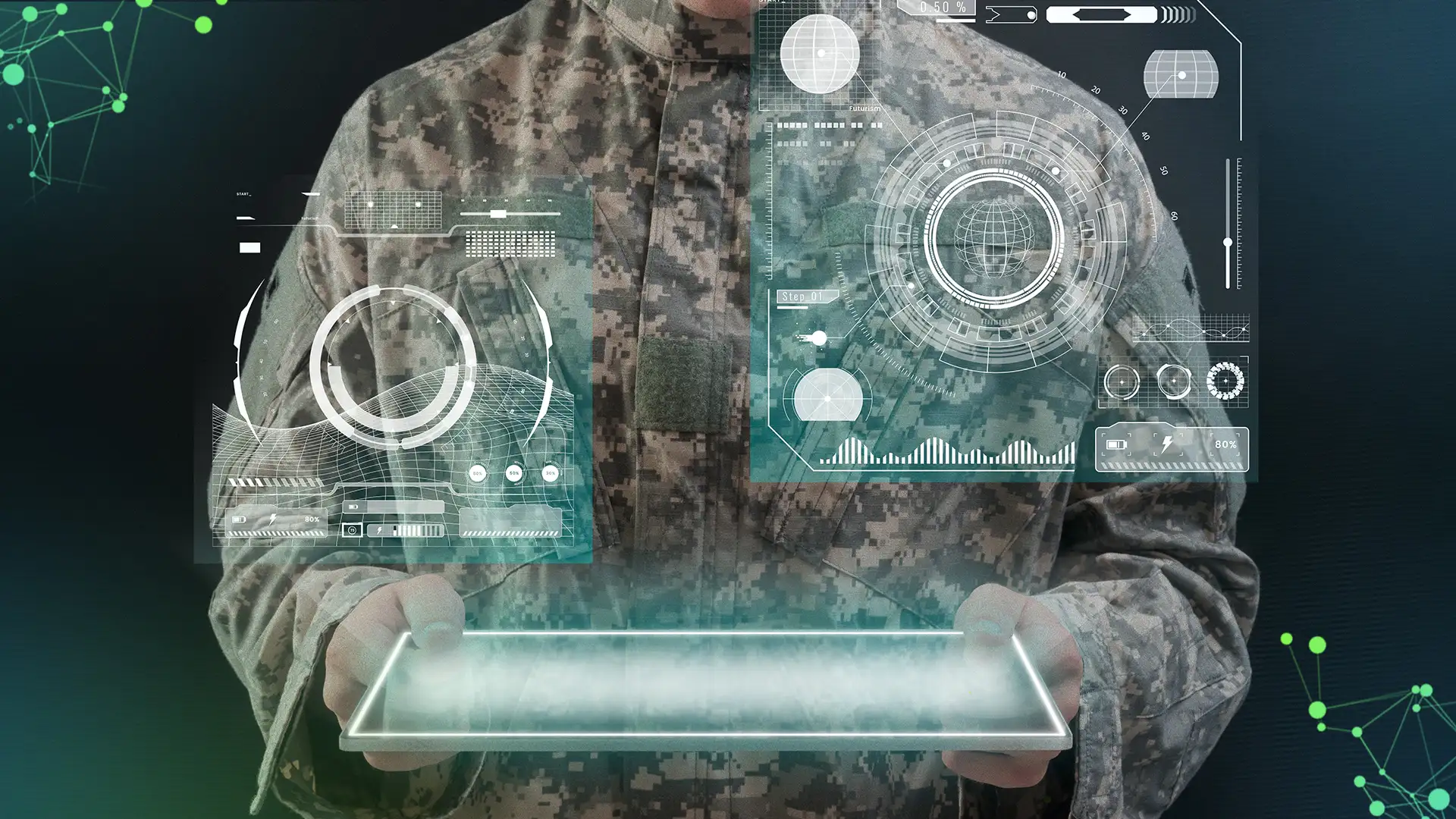Lawyer for Military Defense Tech Companies by Dextra Law: Legal Support for Your Defense Innovation
The Role of a Lawyer in Military Defense Tech: Ensuring Legal Support for Defense Technologies
A lawyer specializing in military defense tech not only ensures a company’s compliance with legal requirements but also assists with strategic issues related to military and defense contracts, intellectual property protection, confidentiality, and information security.
Starting a Military Defense Tech Startup: From Choosing a Jurisdiction to Tax Planning
Launching a startup in the defense technology sector requires a strategic approach to jurisdiction selection and tax planning. The country of business registration influences access to markets, investments, and tax benefits.
Ukrainian Context
In Ukraine, military defense tech startups typically opt for legal structures such as a limited liability company (LLC) or a private enterprise (PE). These forms provide flexibility in business operations and simplify interactions with government authorities.
For IT-focused defense startups, the Diia.City legal framework is particularly attractive, offering tax incentives and a favorable regulatory environment. Residents of Diia.City can benefit from:
- Reduced tax burden: Special tax rates on personal income and social security contributions.
- Flexible employment conditions: The ability to sign gig contracts with specialists.
- Intellectual property protection: Favorable conditions for registering and securing rights to innovations.
It is worth noting that the Ukrainian defense technology market has shown significant growth. Since the full-scale invasion in 2022, over 200 new companies engaged in arms production, including unmanned aerial vehicles, have emerged in Ukraine. This demonstrates the high potential and innovation of Ukrainian startups in this field.
International Jurisdictions
When considering international jurisdictions, the following options are worth exploring:
- United States: Delaware and Nevada are known for favorable business registration conditions, including simplified procedures and tax benefits.
- United Kingdom: A transparent legal environment and access to the European market make the UK attractive for startups.
- Estonia: With its e-residency program and focus on technological innovations, Estonia has become a hub for defense tech startups. Estonian investors actively support the development of defense technology, especially given the growing threats from Russia.
The choice of jurisdiction depends on multiple factors, including the target market, tax rates, access to investments, and regulatory requirements. Dextra Law lawyers can conduct a detailed analysis and help choose the best option for your startup.
Licensing for Defense Technology Activities
Under Ukrainian law, activities such as development, production, sale, repair, modernization, and disposal of weapons, military equipment, and ammunition require mandatory licensing. This is regulated by the Law of Ukraine “On Licensing of Certain Types of Business Activities” and relevant Cabinet of Ministers’ resolutions.
Key Steps for Obtaining a License
- Document Preparation: A business entity submits an application for a license to the licensing authority along with the required documents.
- Application Review: The licensing authority checks the documents for compliance with established requirements and makes a decision on approval or rejection.
- Compliance Monitoring: After obtaining a license, the business must adhere to licensing conditions. The licensing authority monitors compliance and may revoke the license if violations occur.
Certification of Armaments and Military Equipment (AME)
Certification of AME confirms that products meet established standards and requirements. In Ukraine, the central body responsible for certification is the State Research Institute for Testing and Certification of Armaments and Military Equipment (SRI TC AME).
Main Aspects of AME Certification
- Product Testing: Conducting comprehensive tests of military equipment and weaponry to evaluate compliance with technical standards.
- Issuance of Certificates: Upon successful testing, a certificate of conformity is issued, confirming the product meets established requirements.
- Technical Supervision: The SRI TC AME carries out periodic technical supervision to ensure ongoing compliance with standards.
Certification applies to both domestically produced and imported military equipment, including demining mechanisms supplied to Ukraine as part of technical or humanitarian aid from international partners.
Dextra Law’s Role in Licensing and Certification Processes
Dextra Law provides comprehensive support to defense technology companies, offering:
- Consultations on document preparation: Assistance in collecting and formalizing necessary documentation for obtaining licenses and certifications.
- Support in interactions with government authorities: Representation of clients’ interests before relevant licensing and certification bodies.
- Ensuring compliance with licensing requirements: Development of internal policies and procedures to meet regulatory standards.
Partnering with Dextra Law guarantees that your defense tech business will comply with all legal requirements, contributing to successful and secure operations.
Intellectual Property in Military Defense Tech: Protecting Innovations
Dextra Law assists companies in the military sector with patenting inventions and utility models, registering copyrights for software and technical documentation, protecting trademarks, and combating counterfeiting.
Our Services Include:
- Patent, copyright, and trademark registration.
- Full support throughout the patenting process and dispute resolution.
- Market monitoring and anti-counterfeiting measures.
- Licensing and commercialization of technologies, including international protection.
Compliance with State Secrets and Information Security Requirements
A key aspect of military technology operations is compliance with state secrecy regulations and information security standards. Our lawyers provide legal guidance on obtaining security clearances, developing internal policies, and facilitating cooperation with competent authorities.
Military Equipment Adoption and Cooperation with Government Clients
The process of adopting military products requires detailed legal support—from preparing documentation to signing contracts with government clients. Dextra Law provides legal support for cooperation with the Ministry of Defense, National Guard, and other government agencies responsible for military procurement.
Advantages of Working with Dextra Law for Military Defense Tech Companies
- Comprehensive legal support in the field of defense technologies.
- Protection against risks at all stages of business operations.
- Effective facilitation of interactions with government regulators and clients.
- Intellectual property and confidentiality protection.
FAQ
Licenses are required from the Ministry of Defense, SRI TC AME, SECU, and other regulatory bodies, depending on the type of product and technology.
Patent inventions, register copyrights for technological solutions, technical documentation, and software.
Securing development results, structuring R&D contracts, maintaining confidentiality, and resolving intellectual property rights.
Develop internal security policies, obtain necessary security clearances, and conduct regular legal audits to ensure compliance.



